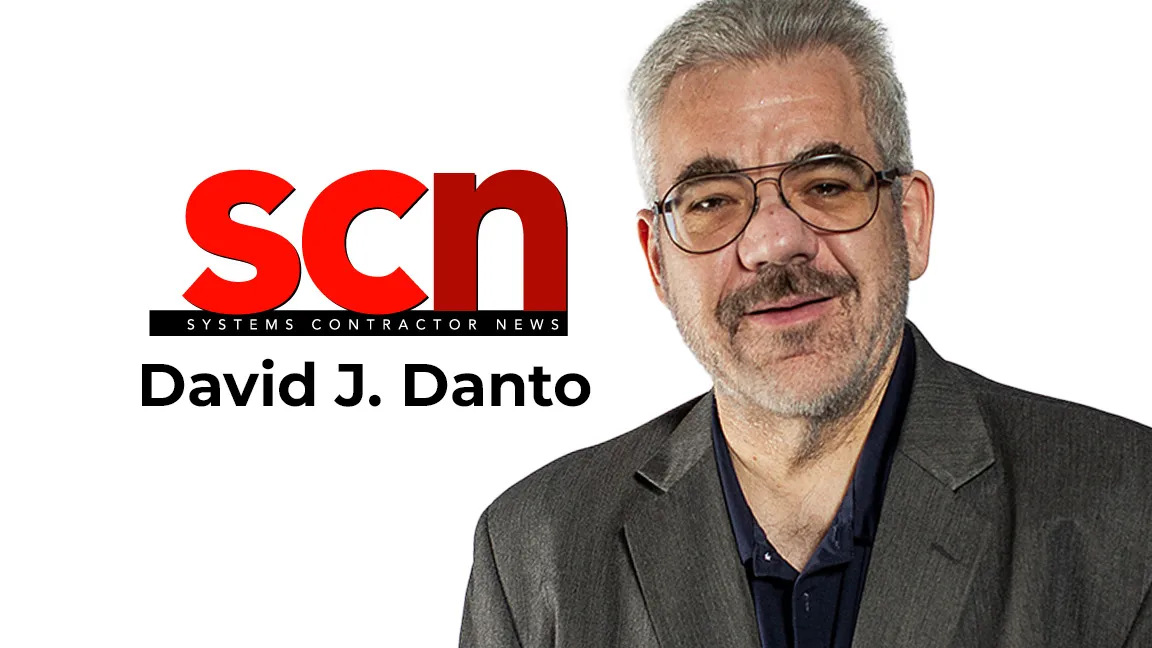Encryption Suggested for Ham Radio Emergency Comms
The professional video industry's #1 source for news, trends and product and tech information. Sign up below.
You are now subscribed
Your newsletter sign-up was successful
WASHINGTON— A petition to allow ham radio transmission encryption is getting some attention. Don Rolph of East Walpole, Mass., filed a Petition for Rulemaking with the Federal Communications Commission requesting a rule change regarding the prohibition on encryption. The filing is in response to a report on how to facilitate ham radio use during emergencies.
Those who commented on the report noted that medical information is subject to privacy requirements and would therefore need to be encrypted under the Health Insurance Portability and Accountability Act.
“Perhaps the simplest approach to resolving this impediment to amateur support of emergency communications is to modify the regulations regarding encryption,” Rolph’s petition states.
Hams rise to public consciousness in the wake of natural disasters. Ham operators provide storm observations and damage reports to the National Weather Service, as they did when Superstorm Sandy battered the East Coast last fall. Ham stations also can be patched into the public-switched telephone network, providing communications for people in areas without cellular service.
“Amateur radio communications are suited to disaster response in a way that many more advanced forms ofcommunication today are not, thereby allowing it to supplement other emergency communications activities during disasters,” the FCC said in its 2012 report to Congress.
The report was a directive of the 2012 bill that authorized the spectrum incentive auctions. The statue required a report identifying impediments to emergency-related ham radio comms and how to resolve them. It was delivered last August.
Among the impediments identified were private land-use restrictions (e.g., on tower height), interference from consumer devices, limits on emission type and bit rates, and the prohibition on encryption. The FCC does not allows “messages encoded for the purpose of obscuring their meaning.”
The report concluded by recommending no particular action from Congress, but rather suggesting that hams, the Department of Homeland Security, state and local agencies and other stakeholders work together to improve ham operations. It did not suggest allowing encryption.
Only two commenters have filed oppositions to Rolph’s petition, filed March 28. Jerry Kutche N9LYA of Mitchell, Ind., notes that the National Security Agency “has enough work to do monitoring cellphones and Google.” Doug Hilton WD0UG of Huntsville, Ala., also objected.
“Proper encryption technology is never going to be available to the amateur radio community,” he writes.
While the FCC has not answered Rolph’s petition, an opposition website has emerged, warning of the dangers of encryption. The site is run by open sourcer Bruce Perens K6BP, and submitted to Slashdot. Perens says he is developing a patent-free digital voice codec for ham radio.
The professional video industry's #1 source for news, trends and product and tech information. Sign up below.
